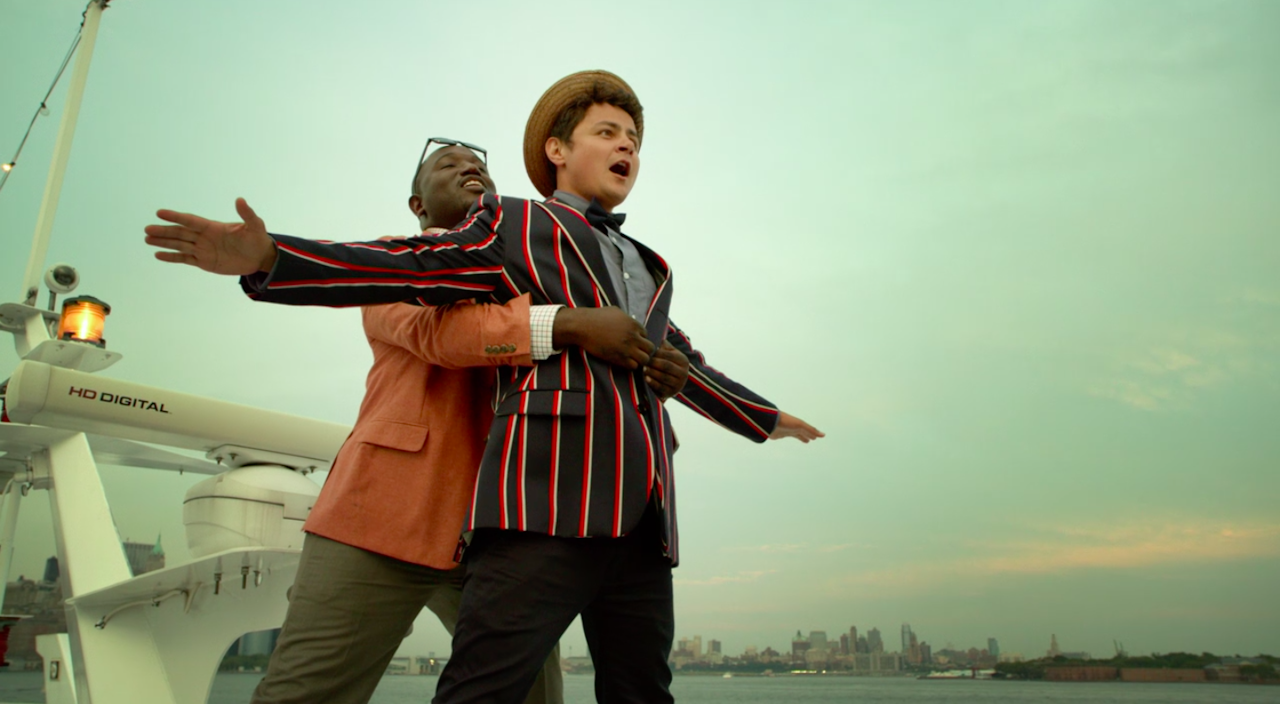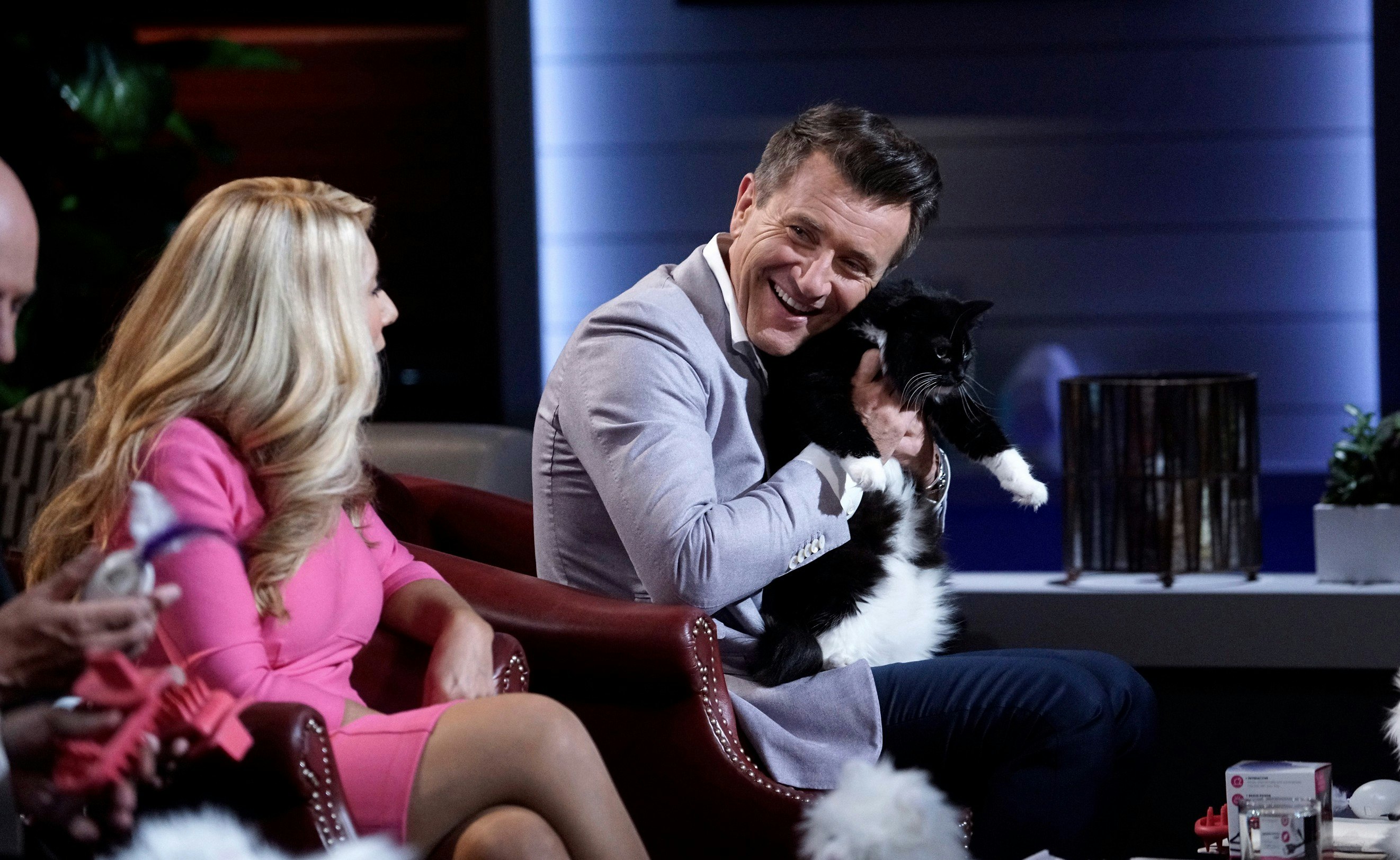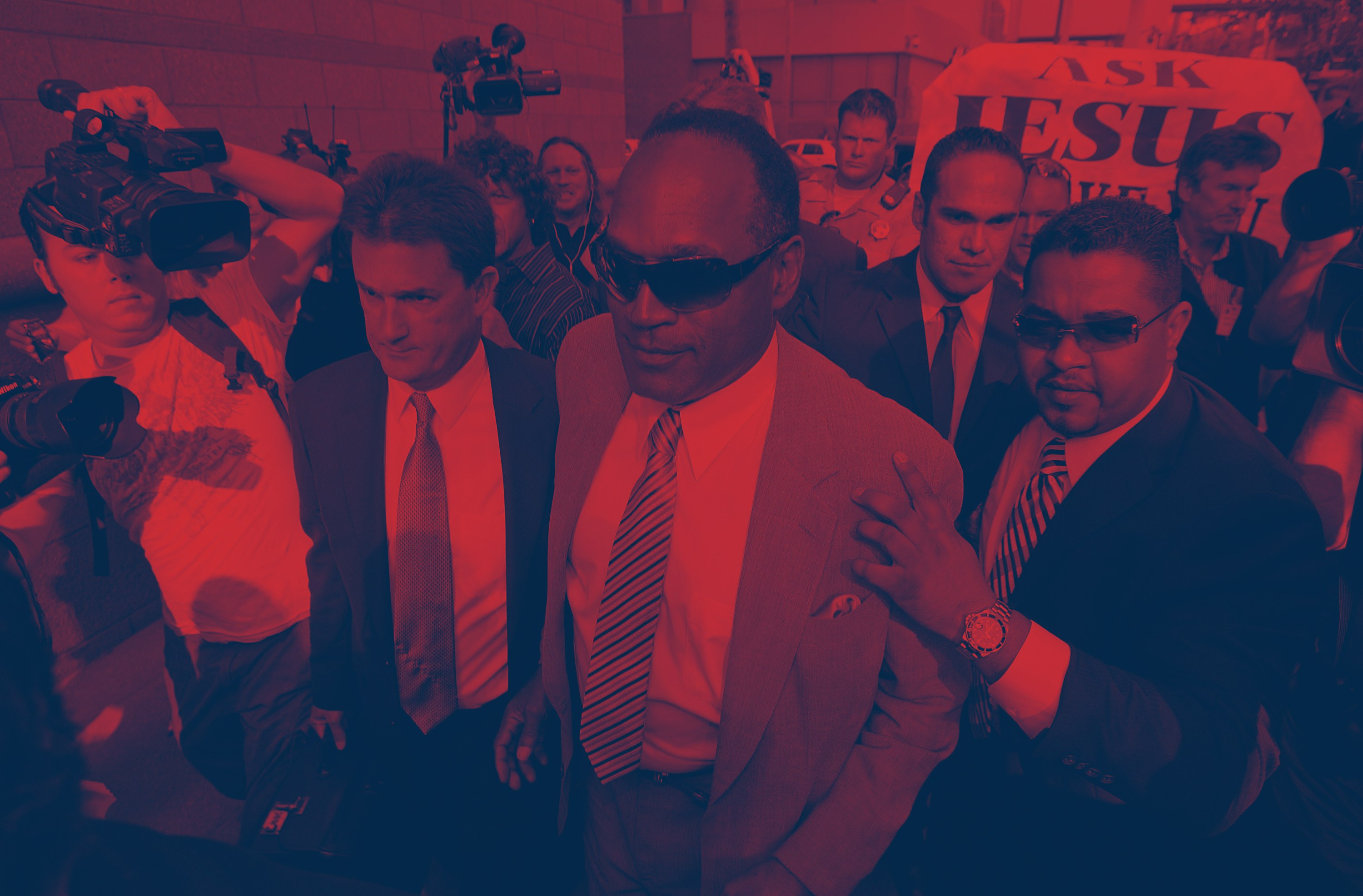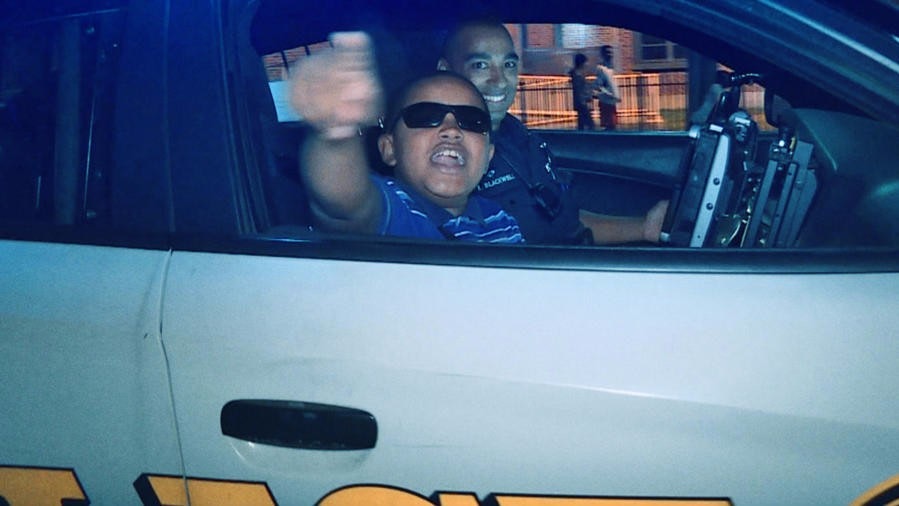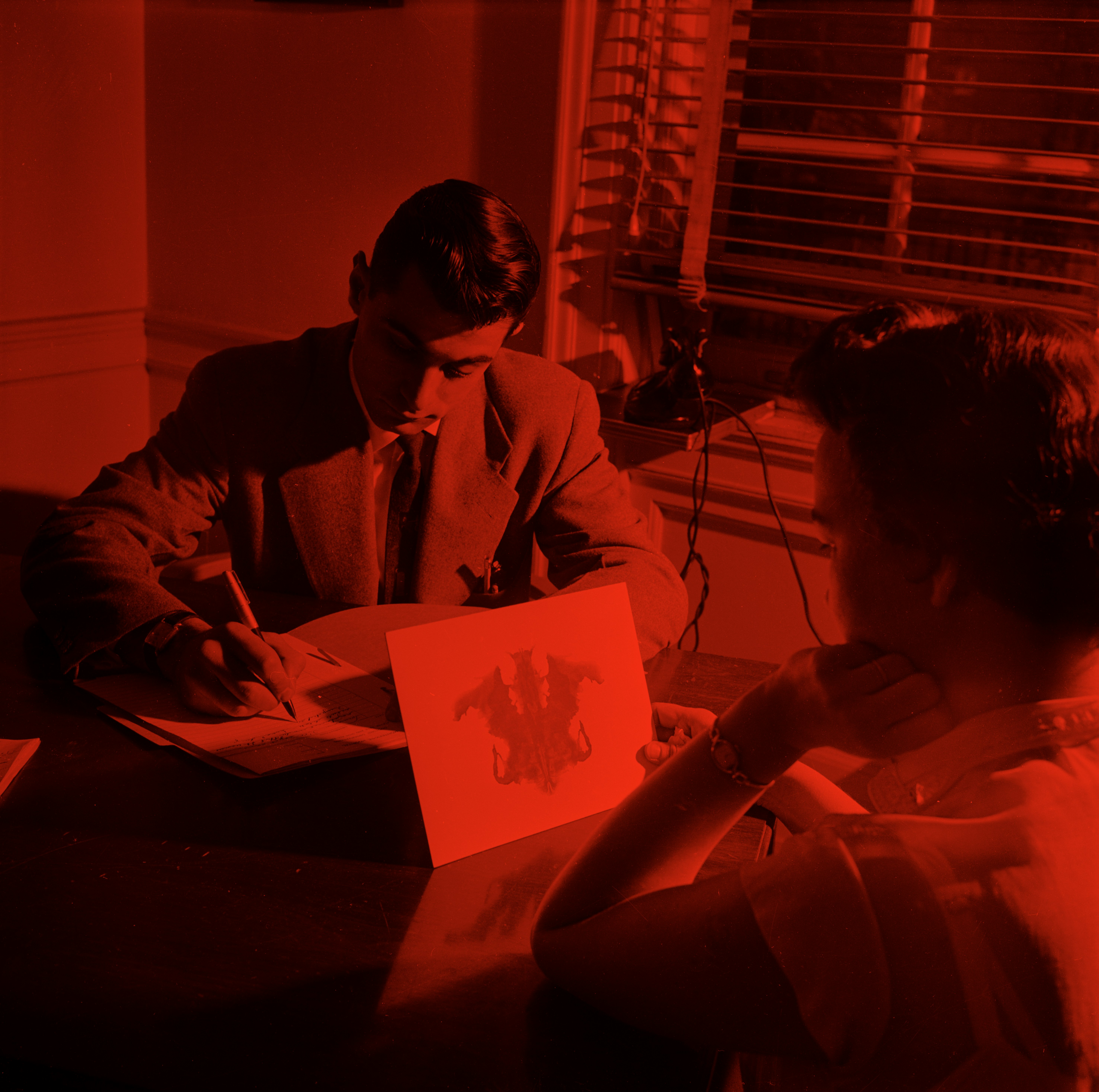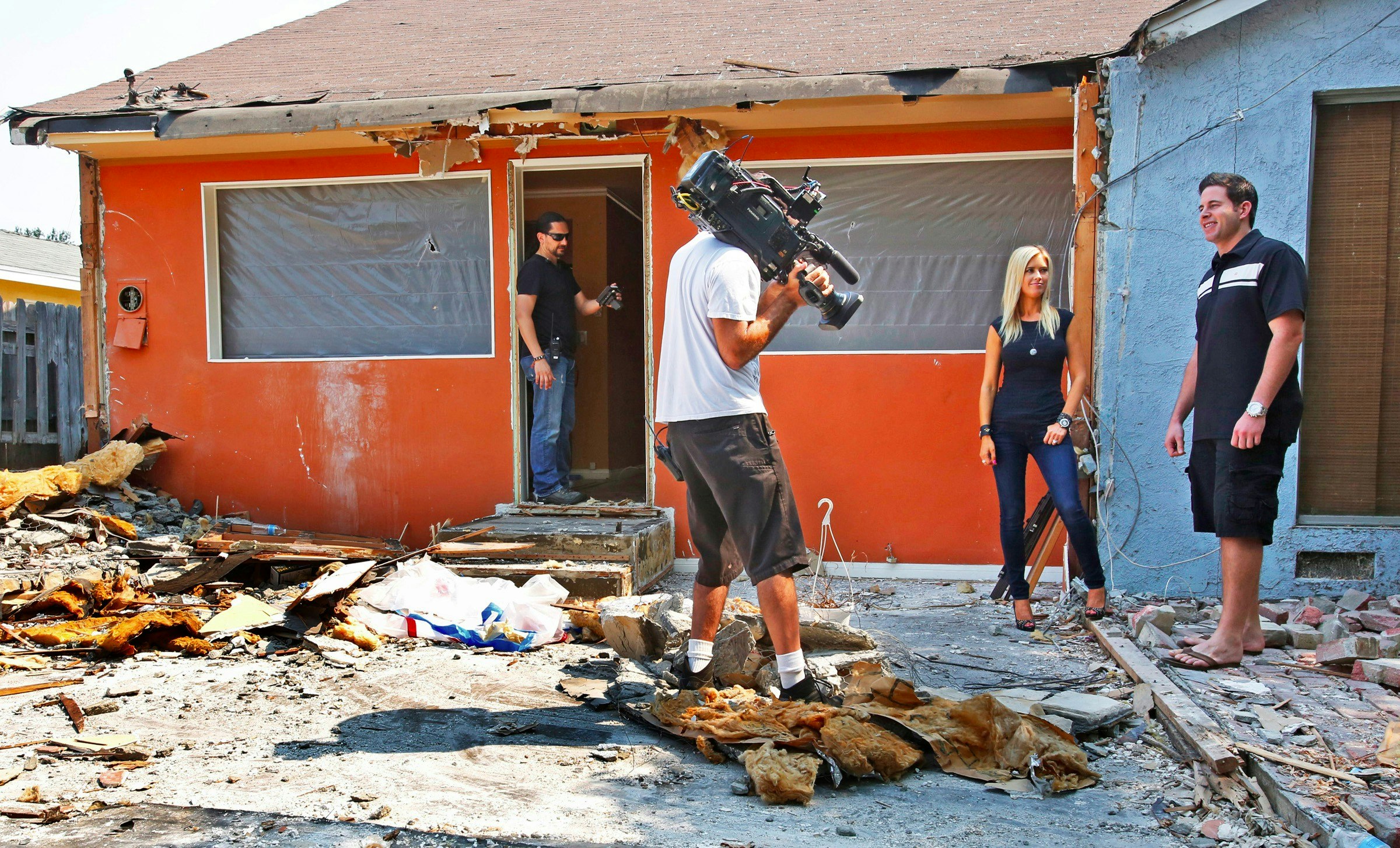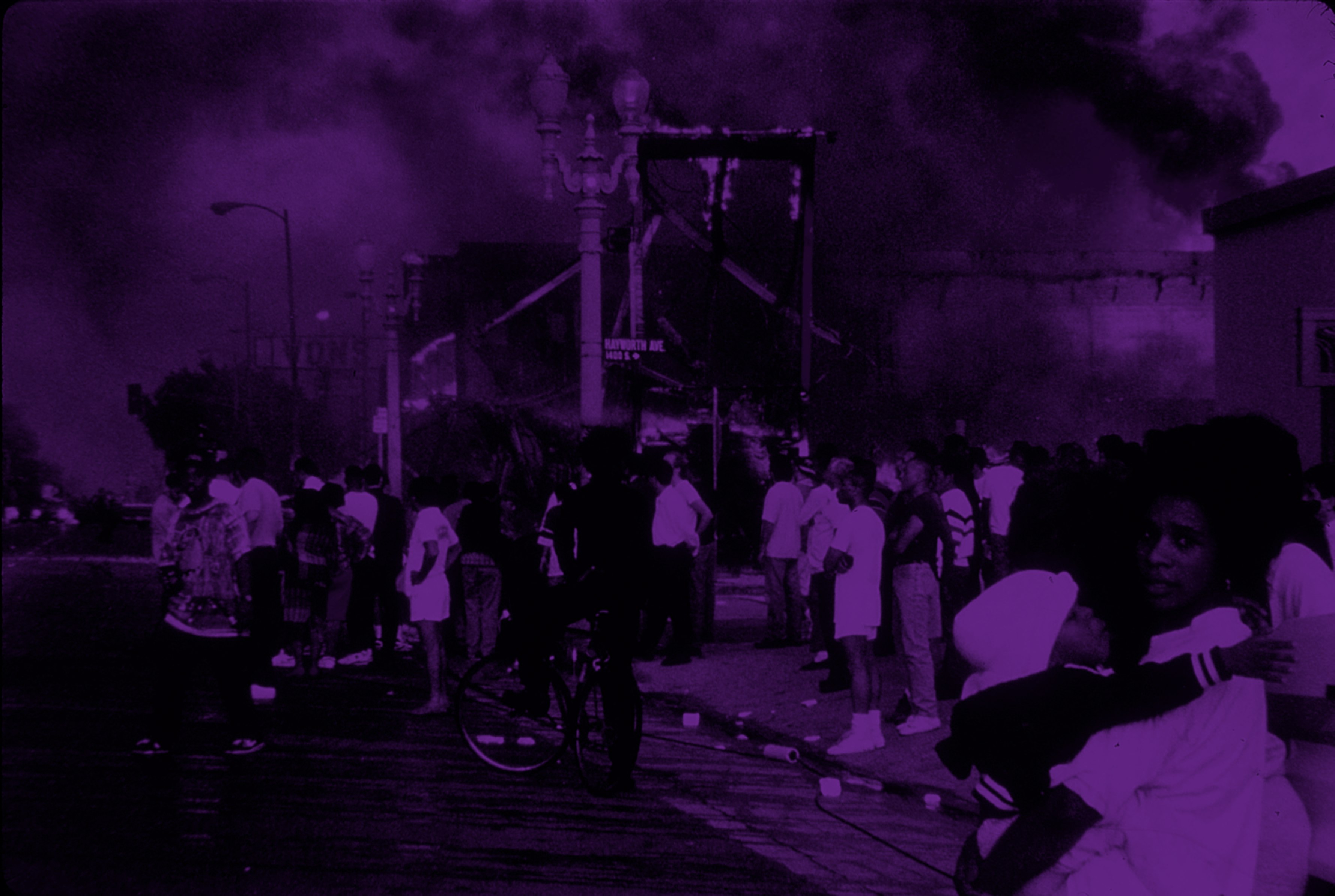Jane the Virgin fans got a bit of good news on Wednesday. The show’s star, Gina Rodriguez, is developing two dramas focusing on immigration, one for CBS and one for the CW. The shows promise to continue Jane the Virgin’s tradition of portraying immigrants in America as complicated, fully-developed characters, a feat that has been accomplished by other programs centered on people of color like Fresh Off the Boat, Master of None, and The Fosters. A quick look at the rest of the TV landscape, however, reveals that characters pegged as foreign are often positioned as punchlines rather than multi-dimensional human beings, especially when it comes to shows centered on white folks.
Take, for instance, Broad City, the fourth season of which is set to premiere later this month. The show, aimed at hip millennials, has few POC characters. And one, the heavily accented Jaime, is clearly coded as foreign. Much of his comedic contribution to the show is predicated on the assumed humorousness of his accent and his apparent inability to recognize double entendres despite being fluent in English. One example comes in the episode “Rat Pack” from Season 3. “I think we should throw a party and spread the seed of this gesture all over people,” Jaime says, the tired joke being he doesn’t understand the sexual implications of what he just said.
Jian-Yang, a Chinese programmer on HBO’s Silicon Valley, is placed in similar comedic circumstances. He lives in the same house/startup incubator as the show’s main characters, but is not involved in their ambitious business ventures and speaks in slow, accented English. The only time one of his roommates does go into business with him is because of a miscommunication — the incubator's founder agrees to invest in what he thinks is Jian-Yang’s Oculus app just before a meeting with other interested investors, but once they make the deal, he learns that the app is actually just a list of recipes for octopus.
The joke here is not only that Jian-Yang talks funny, but also that he was unaware of Silicon Valley and American culture to such an extent that he thought his octopus recipe app would be a marketable idea. Comedically it’s lazy and plotwise it’s nonsensical, considering his character is a computer programmer who understands English perfectly and had previously bested his landlord through his research of California tenant law. But as a secondary character who is also an immigrant, his foreignness is his defining characteristic, something that his fellow immigrant roommates, main characters Guilfoyle (from Canada) and Dinesh (a Pakistani immigrant) escape. As Inkoo Kang wrote of the show in May, “Its Asian characters, who represent the quarter of Valley workers who are Asian or Asian American, are shuttled into the same little boxes society has kept for Asians for centuries.”
As heightened anti-immigrant rhetoric fuels heightened anti-immigrant actions in the U.S., the subtle, xenophobic tropes on TV only come into starker relief.
Perhaps one of the most familiar examples of the immigrant-as-punchline trope is Gloria on ABC’s Modern Family, soon to enter its ninth season. I don’t keep up with the show for a number of reasons, not least of which is the cringeworthy way Sofia Vergara exaggerates her Colombian accent for laughs. As a main character on the show, Vergara's Gloria is a much more developed character than either Jaime or Jian-Yang. And her language barrier has been addressed meaningfully at least once. “Do you know how frustrating it is to have to translate everything in my head before I say it, to have people laugh in my face because I’m struggling to find the words?” she says to her American-born husband and son in season six. But while her character can sometimes be deep and witty, the jokes that depend on the hilarity of her mispronunciation and the misunderstandings that ensue of English are constant. Vergara even takes the schtick with her. While presenting an award at the Golden Globes in January, she mispronounced “annual” as “anal” and “anus” for laughs.
.@SofiaVergara introduces our Miss Golden Globe Trio, @sophiastallone, @sistinestallone and @scarletstallone! #GoldenGlobespic.twitter.com/kCldHHJERn
— Golden Globe Awards (@goldenglobes) January 9, 2017
As heightened anti-immigrant rhetoric fuels heightened anti-immigrant actions in the U.S., the subtle, xenophobic tropes on TV only come into starker relief, especially on shows that are otherwise successful and championed as progressive. Modern Family has been hailed for portraying queer, mixed-race families. Broad City is too celebrated for its focus on two quirky young women, one of whom is queer. Critics have applauded Silicon Valley for poking fun at the absurd, male-driven California tech world. But still, each show includes forms of caricatures of immigrants, even as many creatives of color on TV have made it clear that it’s possible to include immigrants in comedies without continuously relying on poking fun at their “non-American” identities.
Much as progressive politicians are now celebrating “good” immigrants solely for their economic contributions, many seemingly progressive TV shows are harboring their own, subtle versions of xenophobia in which immigrants are visible only as goofy sidekicks. Slowly but surely, more diverse groups of creators are bringing more nuanced work to large U.S. audiences. But as Broad City, Silicon Valley, and Modern Family show, xenophobic rhetoric can be as insidious and enduring as the 30-minute sitcom format.
